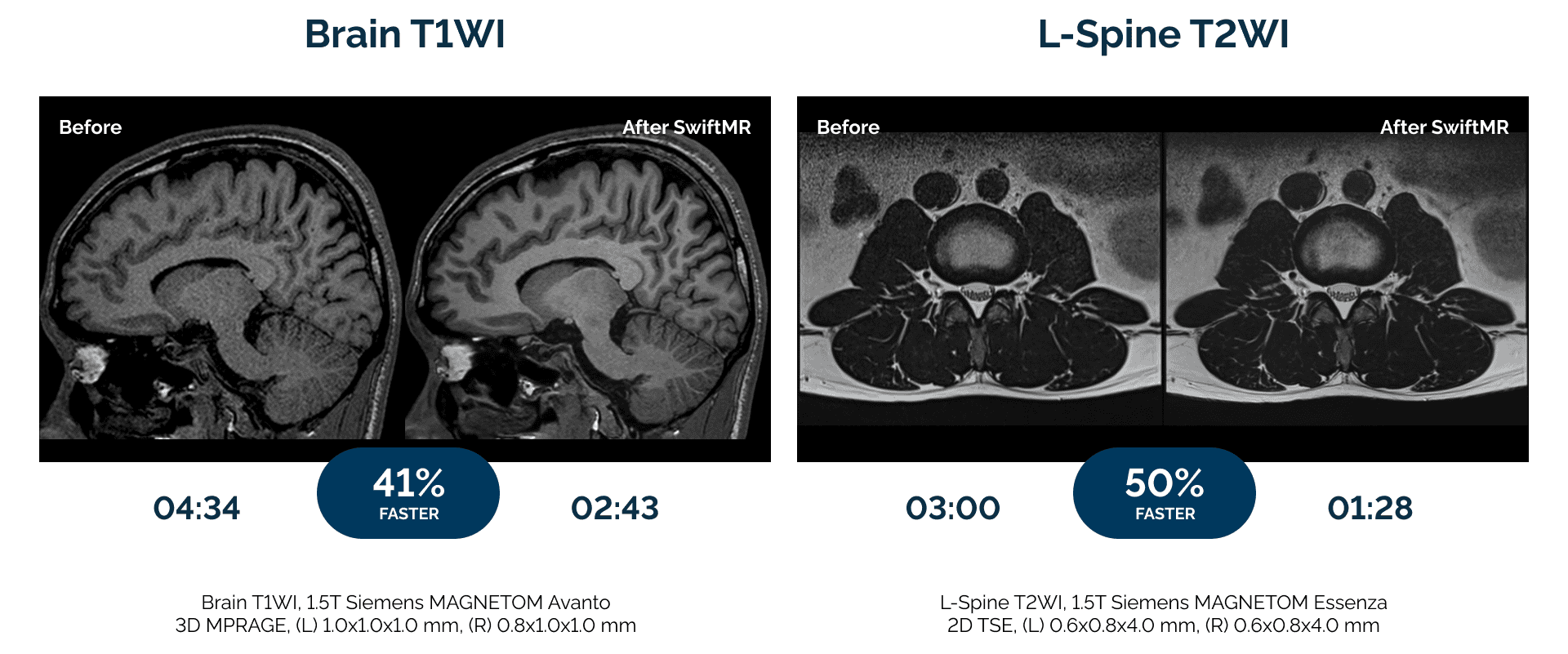A new AJR study showed that Cleerly’s coronary CTA AI solution detects obstructive coronary artery disease (CAD) more accurately than myocardial perfusion imaging (MPI), and could substantially reduce unnecessary invasive angiographies.
The researchers used Cleerly to analyze Coronary CTAs from 301 patients with stable myocardial ischemia symptoms who also received stress MPI exams. They then compared these Cleerly CCTA and MPI results with the patients’ invasive angiography exams, and quantitative coronary angiography (QCA) and fractional flow reserve (FFR) measurements.
The Cleerly-based coronary CTA results significantly outperformed MPI for predicting stenosis and caught cases that MPI-based ischemia results didn’t flag:
- Cleerly AI detected more patients with obstructive stenosis (≥50%; 0.88 vs. 0.66 AUCs)
- Cleerly AI identified more patients with severe stenosis (≥70%; 0.92 vs. 0.81 AUCs)
- Cleerly AI detected far more patients with signs of ischemia in FFR (<0.80; 0.90 vs. 0.71 AUCs)
- Out of 102 patients with negative MPI ischemia results, Cleerly identified 55 patients with obstructive stenosis and 20 with severe stenosis (54% & 20%)
- Out of 199 patients with positive MPI ischemia results, Cleerly identified 46 patients with non-obstructive stenosis (23%)
MPI and Cleerly-based CCTA analysis also worked well together. The combination of ≥50% stenosis via Cleerly and ischemia in MPI achieved 95% sensitivity and 63% specificity for detecting serious stenosis (vs. 74% & 43% using QCA measurements).
Based on those results, pathways that use a Cleerly AI-based CCTA benchmark of ≥70% stenosis to approve patients for invasive angiography would reduce invasive angiography utilization by 39%. Meanwhile, workflows requiring a positive MPI ischemia result and CCTA Cleerly AI benchmark of ≥70% would reduce invasive angiography utilization by 49%.
The Takeaway
We’re seeing strong research and policy momentum towards using coronary CTA as the primary CAD diagnosis method and reducing reliance on invasive angiography. This and other recent studies suggest that CCTA AI solutions like Cleerly could play a major role in that CCTA-first shift.







